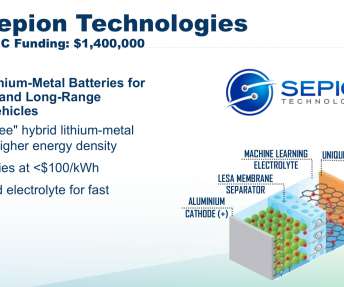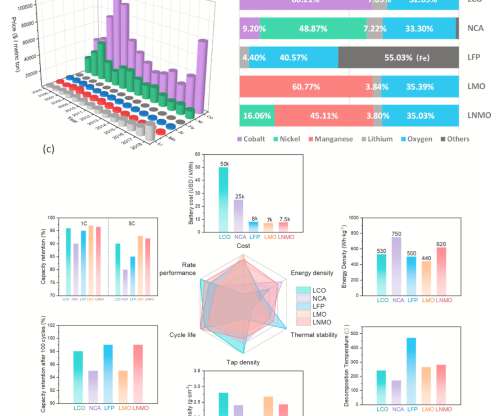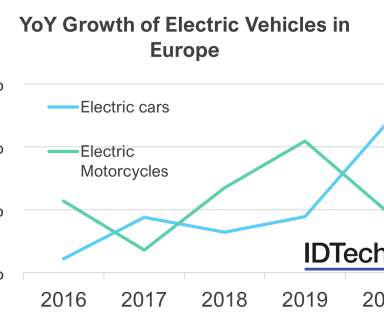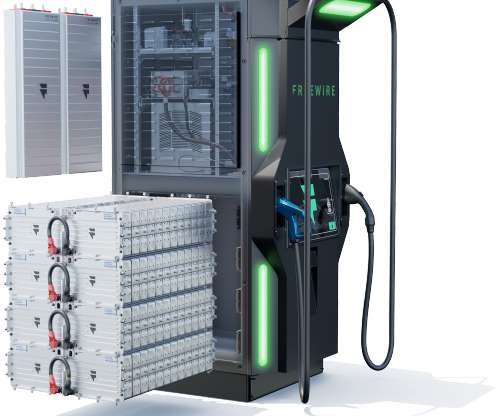Renault-Nissan-Mitsubishi Alliance invests in Enevate to advance Si-dominant Li-ion battery technology for EVs
Green Car Congress
NOVEMBER 13, 2018
Alliance Ventures, the strategic venture capital arm of Renault-Nissan-Mitsubishi, has invested in the latest round of funding in Enevate Corporation, an advanced lithium-ion (Li-ion) battery technology company based in Irvine, California. Earlier post.).




































Let's personalize your content